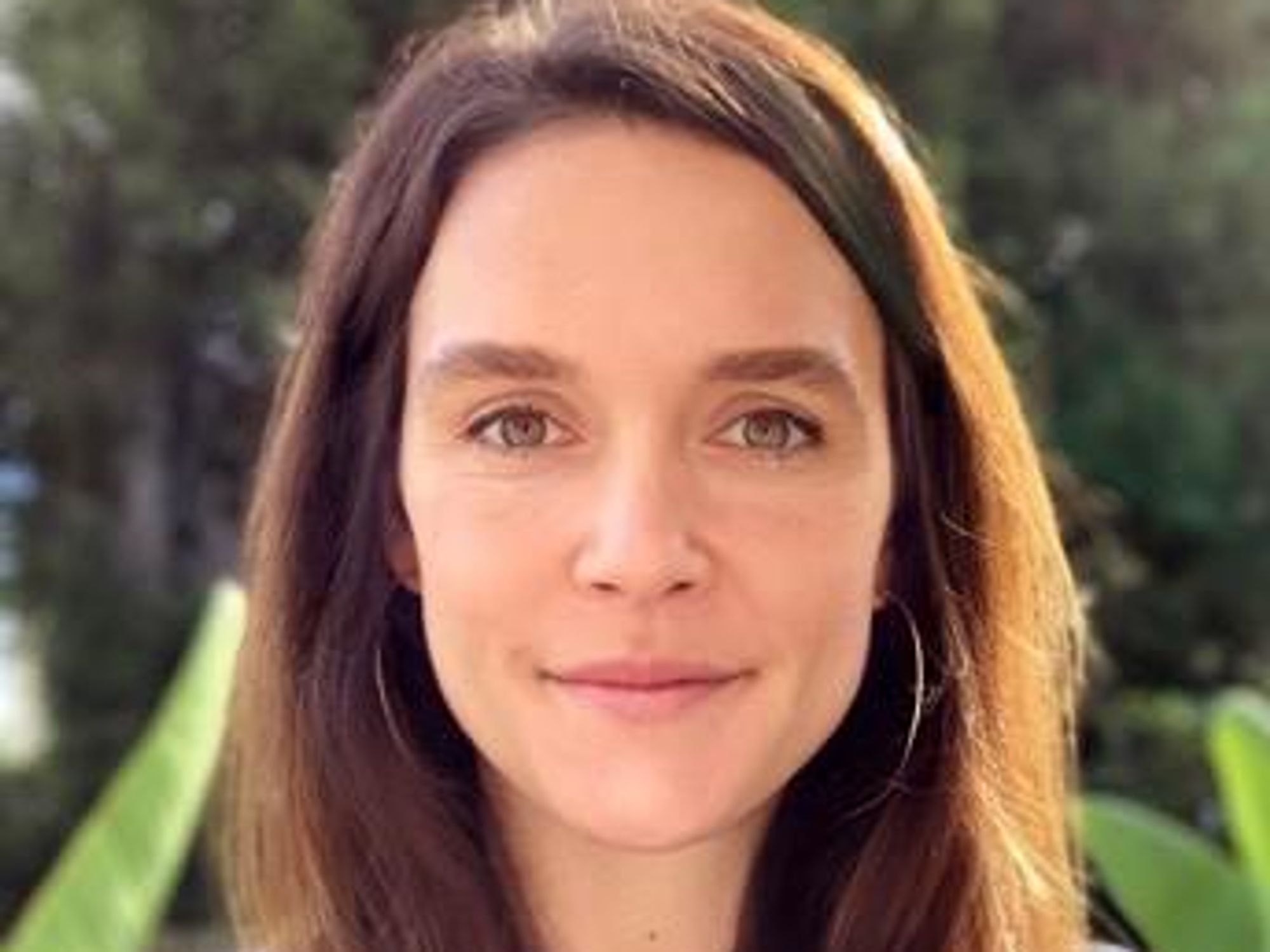Cedars Sinai Health Ventures’ Maureen Klewicki on How Tech Is Changing Health Care

On this episode of the LA Venture podcast, Cedars Sinai Health Ventures’ Maureen Klewicki talks about price transparency for health care, the labor shortage crisis and emerging payment models.
Klewicki got her start working in the venture capital industry as the program director at the Techstars Healthcare accelerator. She then spent five years working at L.A.-based venture firm Crosscut. At Cedars Sinai, she helps cut checks of between $1 million and $10 million from the venture firm’s $100 million fund.
“There's one million and one problems right now Cedars Sinai is facing,” Klewicki said. The fund is structured in part to focus on the long-term future of the health care industry, but about half of it is focused on the immediate problems that Cedars doctors and staff are facing.
To get an understanding of their pain points, Klewicki said she talks directly with leaders of departments from nursing to surgery, asking them: “‘What are you thinking about? Where do you need help? And where can we find a company that we can plug in right now?’”
The pandemic has taken a toll on health care workers, Klewicki said, exacerbating a huge nursing shortage and adding more trauma to an already overworked labor pool. But Klewicki also says that the labor force crisis could be a thesis for an entire fund.
“Could you solve it through the use of smart robotics? Could you solve it through computer vision? Could you solve it through ambient scribing?,” she asks. ”Can you do things that make it so that nurses aren't spending 30% of the time logging things into the EHR?”
Another crucial issue for Cedars: keeping the cost of care down. One strategy has been keeping patients out of the hospital if they don't need to be there, and making sure they have a range of services at home. There are a number of different solutions that are being developed toward that end, Klewicki said, from teams that are made up of both health care professionals and tech entrepreneurs.
“You might see a team that is half-Uber and half-health care execs,” she said. “And so that's where I think you start to see these really cool combinations of technologists and people that know health care really well.”
Klewecki said recent changes in how hospitals get reimbursed have incentivized startups that focus on a “value-based” health care model that focuses on preventative care.
“Because that overall care team approach is what keeps the cost of care down,” she said “And so you see a lot of movement from VC-backed and private equity-backed companies in the value-based care space because that's where the payment models are moving.”
That might mean setting up urgent care facilities in different neighborhoods, sending providers to aid patients at home or focusing more on telemedicine rather than bringing patients to hospitals.
Klewicki added, “If you do it right, you can have a very valuable company that is improving outcomes for patients.”
Click the link above to hear the full episode, and subscribe to LA Venture on Apple Podcasts, Stitcher, Spotify or wherever you get your podcasts.
dot.LA Engagement Fellow Joshua Letona contributed to this post.
- Wavemaker 360 Health Announces $100 Million Fund Aimed at ... ›
- Techstars LA Unveils Health Care Spring 2022 Accelerator Class ... ›
- Cedars-Sinai Is Using AI to Evaluate Stool - dot.LA ›
- How Cedars-Sinai Plans To Use Effective AI in Medicine - dot.LA ›



 Image Source: JetZero
Image Source: JetZero
